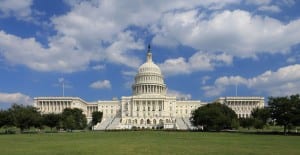What corrupts independence and trust?
By ucyow3c, on 21 March 2014
![]() Written by Professor Richard Moorhead (UCL Laws)
Written by Professor Richard Moorhead (UCL Laws)
Money’s influence on knowledge and politics was at the heart of the Centre for Ethics & Law’s annual lecture, March 14. “The Place of ‘Institutions’ in the Idea of ‘Corruption’” was given by Laurence (“Larry”) Lessig, Professor of Law and Leadership and Faculty Director of the Edmond J. Safra Center for Ethics, Harvard University.
His intellectual aim was to explore notions of corruption broader than the popular conception of backhanders, and to illuminate how institutions are subject to a more subtle but potentially insidious corruption through ‘dependence corruption’: the deviation from the purpose of an institution.
Such corruption can either directly weaken the effectiveness of the institution or it can weaken the public trust in the institution.
‘Independent’ institutions cannot and should not avoid dependence altogether. Indeed, institutions have ‘a proper dependence’ (democracies should depend on the views of the people; courts on the neutral interpretation of the law).
Independence is compromised when that dependence deviates from its proper root. Just as when a magnet is placed next to the needle of a compass, an institution is corrupted when it is steered away from its intended aim. Professor Lessig’s second point was that trust is a function of independence. (more…)
 Close
Close





